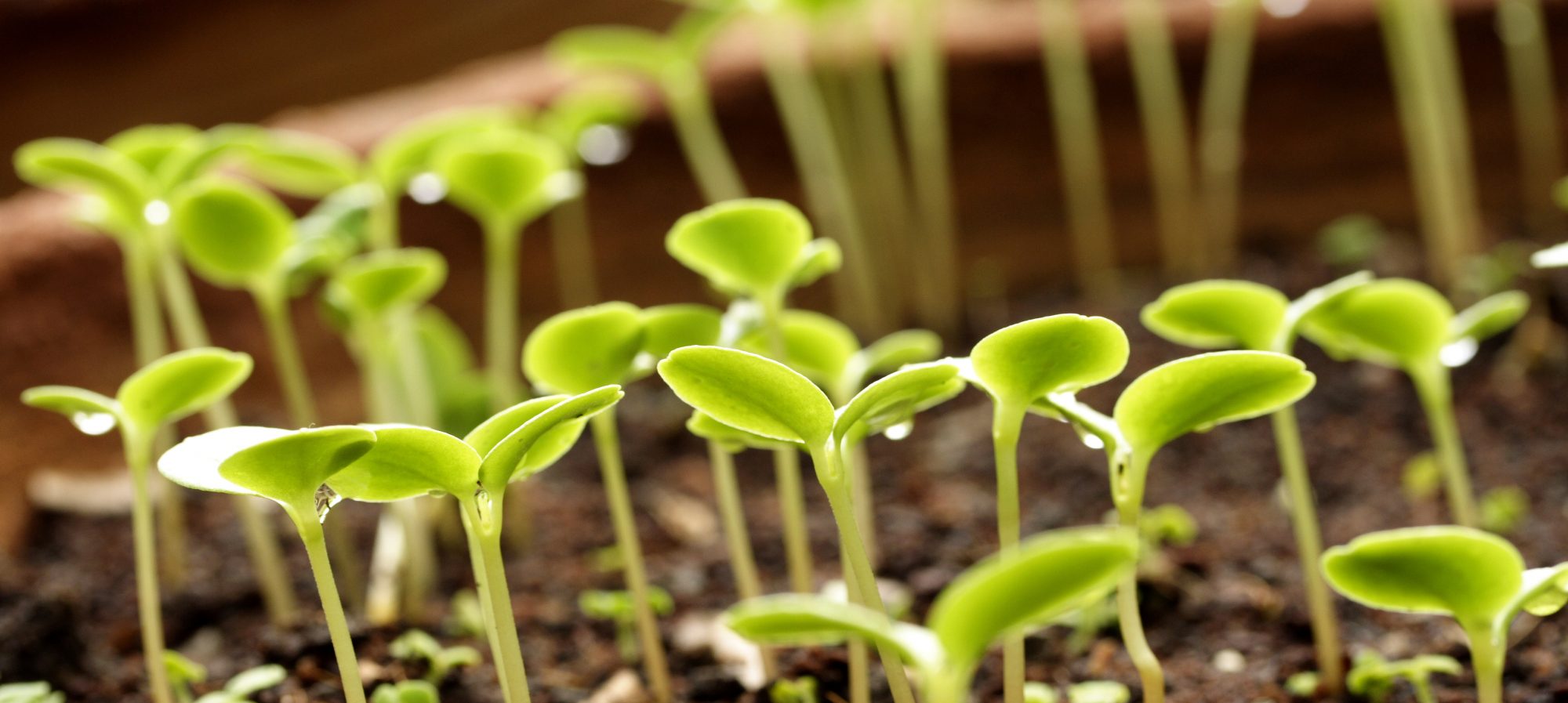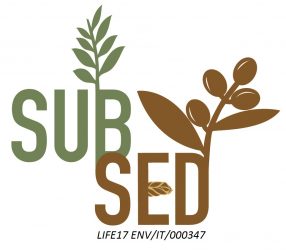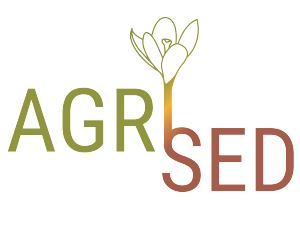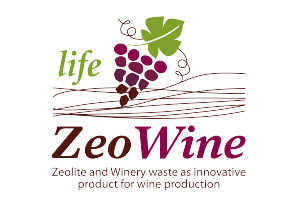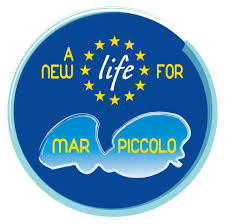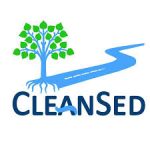 Life CleanSed
Life CleanSed
The CLEANSED project will demonstrate, evaluate and disseminate an innovative, integrated, multisector approach for the smart and sustainable management of polluted dredged river sediments.
Polluted sediments will be dredged, transformed from a contaminated waste into a valuable material via a specific decontamination treatment, and then put to productive use in two different sectors:
- plant nursing: decontaminated sediments will be used as a substrate/amender to prevent the loss of soil and biomass due to plant nursing activities;
- road construction: decontaminated sediments will be used as a filling material for the construction of roads.
The whole cycle will take place within a real natural and productive district, i.e. the basin and alluvial plains of the Arno river, Italy.
Life Hortised
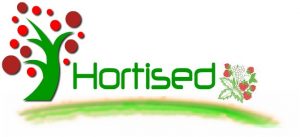
The HORTISED project aims at demonstrate the suitability of dredged remediated sediments as an alternative for the preparation of growing media in horticulture.
The project will demonstrate the great potentials of sediment-based growing media through the growth of pomegranate and strawberry as representative plants at farm scale in Italy and Spain.
The performance of the innovative growing media will be demonstrated by comparison with the typical production of the same fruits obtained with the use of the traditional peat-based growing media.
The HORTISED project will also highlight the current legislative and cultural reasons for hindrance in the use of innovative growing substrates in horticulture and will produce guidelines for the safe and sustainable use of sediments as ingredients of horticultural growing media.
LIFE Sekret
 The SEKRET project consists of different actions aimed at demonstrating that the innovative Electro- Kinetic Remediation (EKR) technology can effectively remove heavy metals from contaminated harbour dredged sediments from European ports. The innovative technology has been demonstrated in the Port of Livorno in order to prove the technical and financial feasibility of the project, as well as the environmental advantages compared to current management strategies (disposal in landfills and dumping at the open sea).
The SEKRET project consists of different actions aimed at demonstrating that the innovative Electro- Kinetic Remediation (EKR) technology can effectively remove heavy metals from contaminated harbour dredged sediments from European ports. The innovative technology has been demonstrated in the Port of Livorno in order to prove the technical and financial feasibility of the project, as well as the environmental advantages compared to current management strategies (disposal in landfills and dumping at the open sea).
LIFE AgriSed
The AGRISED project aims at demonstrate the suitability of dredged sediments used with no intervention or co-composted with green waste to produce innovative technosols for reclamation of degraded land and brownfields and innovative growing media for plant nursery.
The performance of the innovative sediment-based growing media and of reconstituted soil will be compared with the traditional land reclamation approaches and traditional growing media used for producing ornamental plants with high added value. The sediment/green waste co-composting process will produce growing media with better fertility, structure, water holding capacity, aeration, and biological activity than peat and coir pith.
LIFE Biorest

The main aim of the LIFE Biorest project is to decontaminate pollutes soils, restoring green areas useful for the city.
LIFE BIOREST demonstrates the efficiency and effectiveness of an biological approach for soil remediation based on autochthonous bacteria and fungi.
LIFE Sure
 The overall objective of Sure project is to test and demonstrate how to restore the ecological status and hydro morphology of Malmfjärden Bay in Kalmar, Southeast of Sweden, by using an innovative dredging method that does not disturb the aquatic environment and consequently human health.
The overall objective of Sure project is to test and demonstrate how to restore the ecological status and hydro morphology of Malmfjärden Bay in Kalmar, Southeast of Sweden, by using an innovative dredging method that does not disturb the aquatic environment and consequently human health.
40 000 m3 of sediments will be removed and treated as secondary raw material within the circular economy concept. The project aims also to disseminate, transfer and replicate the project ideas and results within Sweden and Europe.
Interreg N-W Europe SURICATES
 The project aim is to increase sediment reuse for erosion and flood protection. Suricates will provide authorities, port and waterway managers and erosion experts with new large scale solutions for sediment reuse in NWE ports, waterways and coastlines.
The project aim is to increase sediment reuse for erosion and flood protection. Suricates will provide authorities, port and waterway managers and erosion experts with new large scale solutions for sediment reuse in NWE ports, waterways and coastlines.
LIFE ZeoWine
Thanks to the application of an innovative product obtained from the composting of waste from the viticultural composter and zeolite, the ZeoWine project proposes a strategy to improve the protection and management of the soil, the well-being of the vine and the quality of grapes and wine.
SeaForest LIFE
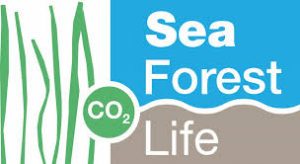 SeaForest LIFE is a European project for the conservation of meadows of Posidonia oceanica, a marine plant that plays an important role as a carbon deposit in the Mediterranean, significantly helping to combat climate change.
SeaForest LIFE is a European project for the conservation of meadows of Posidonia oceanica, a marine plant that plays an important role as a carbon deposit in the Mediterranean, significantly helping to combat climate change.
LIFE 4 Mar Piccolo
The general objective of the Life4MarPiccolo project is the environmental redevelopment of the Mar Piccolo of Taranto, through direct remediation of discrete contaminated portions of the seabed and water, through the design and implementation of a pilot purification plant.
LIFE Chimera
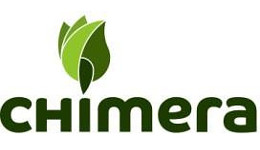 The ambition of the CHIMERA project is to transform waste (manure deriving from poultry farming) into a fertilizer, producing energy at the same time: a focus on the circular economy that is fully shared with LIFE SUBSED.
The ambition of the CHIMERA project is to transform waste (manure deriving from poultry farming) into a fertilizer, producing energy at the same time: a focus on the circular economy that is fully shared with LIFE SUBSED.
LIFE Super BioDiesel
 The overall aim of this project is to apply an improved process, sustainable and ecological to obtain an eco-efficient biodiesel in accordance with current directives and regulations, from raw material from animal waste, thus applying the principles of circular economy.
The overall aim of this project is to apply an improved process, sustainable and ecological to obtain an eco-efficient biodiesel in accordance with current directives and regulations, from raw material from animal waste, thus applying the principles of circular economy.
LIFE GreenShoes4All
 The project aims to implement, demonstrate and disseminate a Product Environmental Footprint (PEF) methodology for footwear and to develop efficient ecodesign, recycling and manufacturing solutions, in order to obtain performing shoes with a lower PEF.
The project aims to implement, demonstrate and disseminate a Product Environmental Footprint (PEF) methodology for footwear and to develop efficient ecodesign, recycling and manufacturing solutions, in order to obtain performing shoes with a lower PEF.
